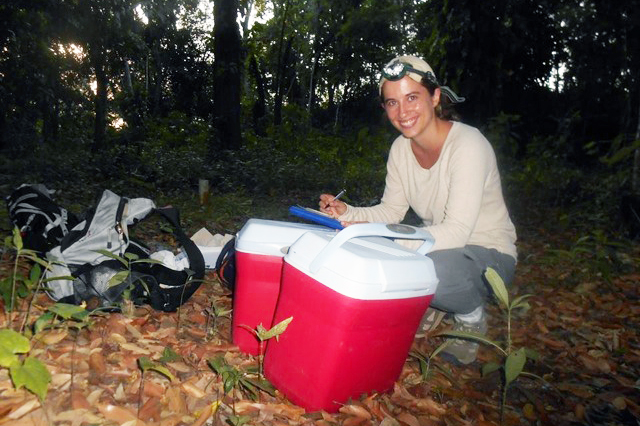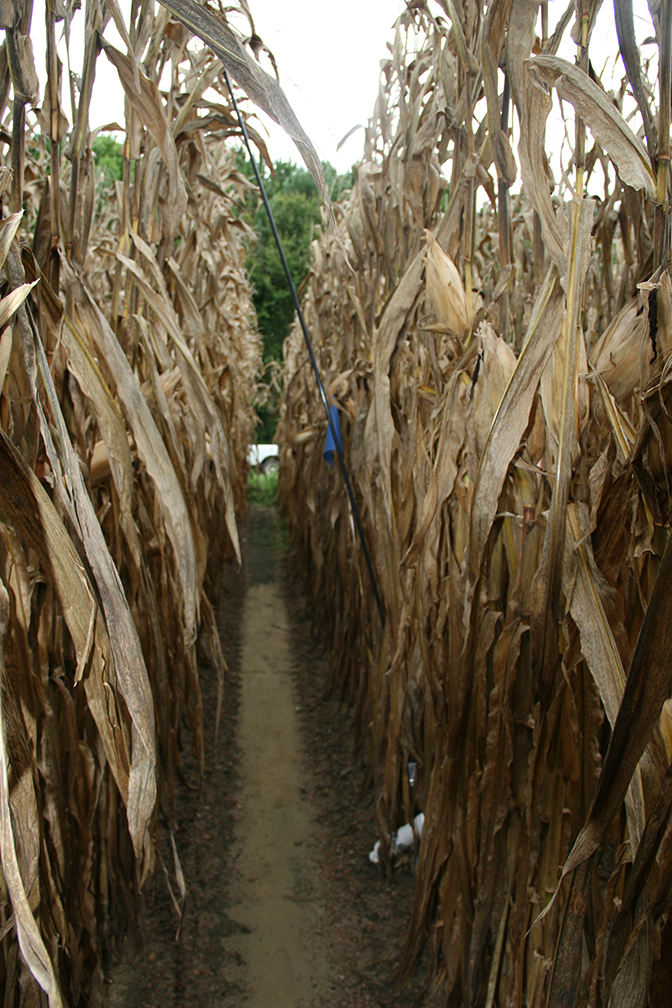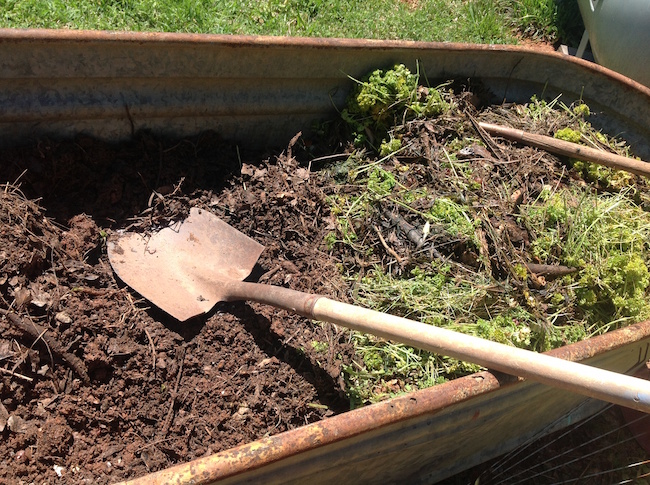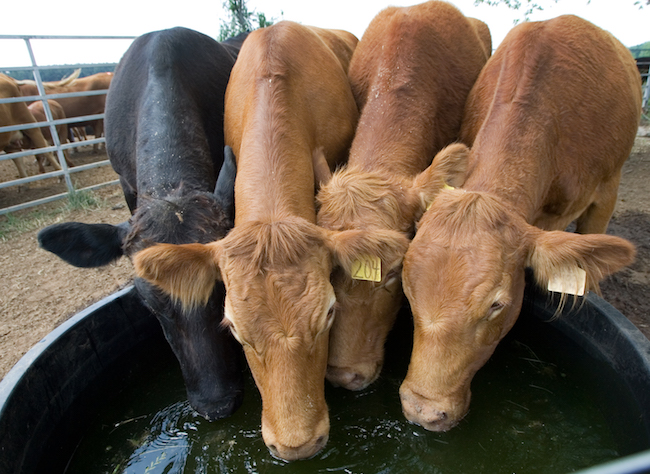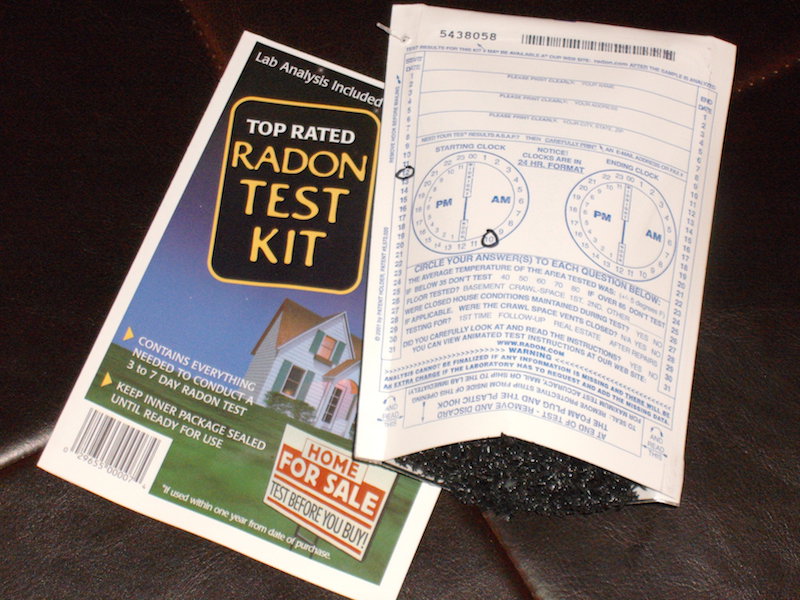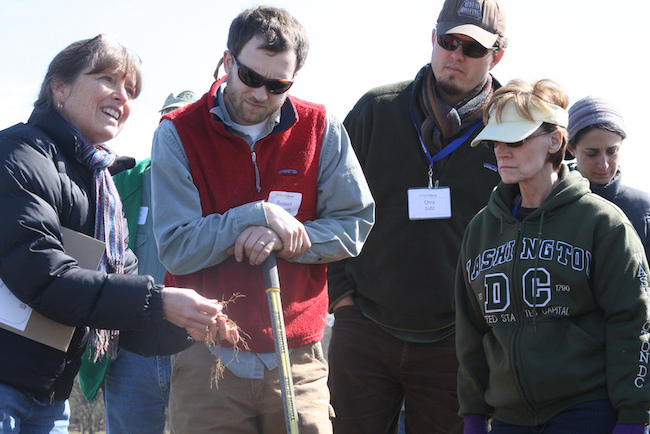 CAES News
CAES News
Walter Barnard Hill Award
For the past 19 years, Julia Gaskin has worked to prove that conservation tillage and cover crops don’t have to be dirty words when it comes to conventional farming.

